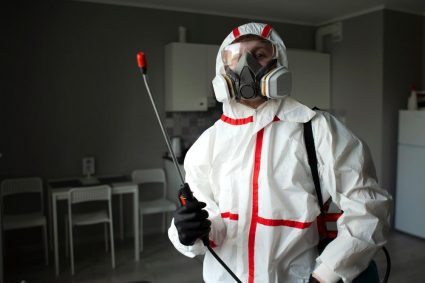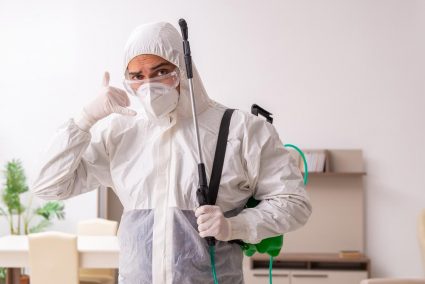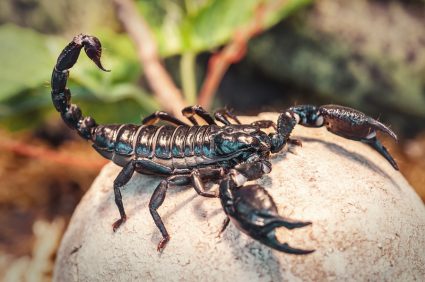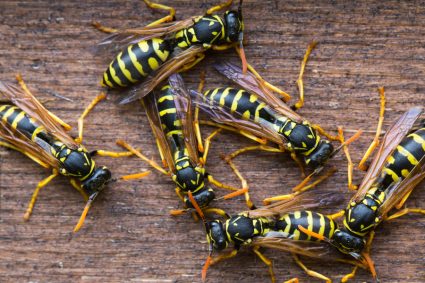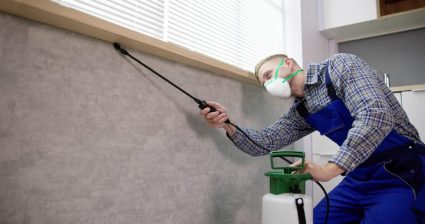
Squash bugs are a common pest in gardens across the country, known for their destructive habits and resistance to many common pesticides. The question that plagues many gardeners is: does Sevin kill squash bugs? The answer is a resounding yes. Sevin, a widely-used insecticide, is highly effective in controlling squash bug populations. However, it’s essential to understand how it works, its application, and potential risks.
Yes, Sevin does kill squash bugs. It is a widely-used insecticide that is highly effective in controlling squash bug populations. However, while it kills the bugs, it does not affect their eggs. It’s also important to note that Sevin carries some risks, including toxicity to pollinators, potential health risks, environmental concerns, and impact on beneficial insects.
What is Sevin?
Sevin is an insecticide originally derived from a carbamate compound. Its primary active ingredient is carbaryl, a powerful insecticide effective against a wide variety of insects. Carbaryl works by disrupting the normal functioning of an insect’s nervous system, leading to its eventual death.
In recent years, the Sevin trademark was acquired by GardenTech, which has replaced carbaryl in most Sevin formulations with zeta-cypermethrin, a newer pyrethroid insecticide.
How Sevin Works Against Squash Bugs
Sevin is effective against squash bugs, killing them upon contact. The active ingredients zeta-cypermethrin and bifenthrin in Sevin help eliminate squash bugs, making it a reliable product against these pests. However, while Sevin dust kills the squash bugs, it does not affect their eggs.
Applying Sevin for Effective Squash Bug Control
To effectively kill squash bugs using Sevin, follow these steps:
- Choose the right Sevin product.
- Apply Sevin at the right time.
- Ensure thorough coverage.
- Reapply as needed.
- Monitor and maintain.
The Risks of Using Sevin
While Sevin is effective, it also carries risks. These include toxicity to pollinators, ineffectiveness against eggs, potential health risks, environmental concerns, and impact on beneficial insects.
Alternatives to Sevin for Squash Bug Control
While Sevin is a potent squash bug killer, there are several alternative methods to control these pests, such as garden cleanliness, handpicking, protective covers, trellising, planting resistant varieties, biological control, diatomaceous earth, organic insecticides, companion planting, physical barriers, and Kaolin clay.
Sevin vs. Other Pesticides
Sevin is highly effective against squash bugs. However, other insecticides, such as those containing esfenvalerate, permethrin, or carbaryl, can also control squash bugs. The effectiveness of these insecticides varies with different life stages of the bugs.
Preventative Measures Against Squash Bugs
Preventative measures include practicing good sanitation, handpicking or vacuuming bugs, using protective covers, trellising, planting resistant varieties, companion planting, attracting beneficial insects, using row covers, handpicking eggs and bugs, applying diatomaceous earth, and using neem oil.
Using Sevin for Pest Control
To use Sevin for pest control, follow these steps:
- Choose the appropriate Sevin product.
- Read the label.
- Prepare the spray mixture.
- Apply the product.
- Follow safety precautions.
- Observe the waiting period.
- Store and dispose of the product properly.
In conclusion, Sevin is an effective solution to squash bug infestations. However, it’s crucial to use it responsibly, considering its potential risks. By combining Sevin use with good cultural practices, you can effectively manage squash bug populations in your garden.
Frequently Asked Questions
What is the best time to apply Sevin for squash bug control?
The best time to apply Sevin is in the early morning or late evening when squash bugs are most active. This ensures maximum contact with the bugs.
How often should I reapply Sevin?
The frequency of reapplication depends on the severity of the infestation. Typically, Sevin can be reapplied every 7-10 days. Always follow the instructions on the product label.
Can I use Sevin on other garden pests?
Yes, Sevin is effective against a wide variety of garden pests. However, it’s important to identify the pest correctly to ensure Sevin is the right product to use.
Is Sevin safe for pets?
While Sevin is considered low-risk for mammals, it is still recommended to keep pets away from treated areas until the application has dried completely.
Can I use Sevin on my vegetable garden?
Yes, Sevin is safe to use on vegetables. However, you should observe the waiting period stated on the product label before harvesting to ensure the pesticide residues have decayed.
Are there any natural alternatives to Sevin?
Yes, natural alternatives include diatomaceous earth, neem oil, and companion planting. These methods can be effective but generally require more effort and diligence.
What are the signs of a squash bug infestation?
Signs of a squash bug infestation include wilting leaves (as if they lack water), yellow spots that eventually turn brown on the leaves, and of course, visible bugs or eggs on the underside of leaves.


